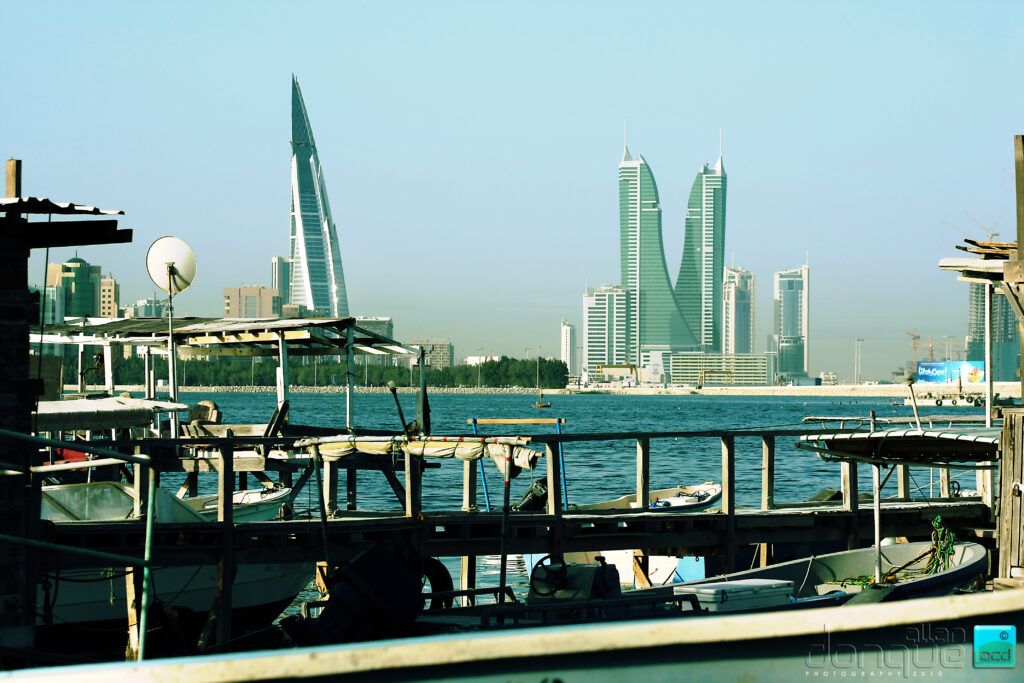
Between October 31st and November 2nd 2017, more than 1,000 business leaders, government officials and academics met in Bahrain for the United Nations Forum on Sustainable Development, which focused on the need for more sustainable investing in business practices and effective global partnerships to attain the UN’s 2030 Agenda for Sustainable Development.
History of UN Sustainable Development
The history of international sustainable development agendas dates back to 1987, when the UN Commission on Environment and Development published “Our Common Future.” This ambitious manifesto, written under the supervision of then-Prime Minister of Norway Gro Harlem Brundtland, provided a comprehensive outline to combat global problems like uncontrolled population growth, excessive deforestation and grazing, destruction of tropical rainforests, extinction of living species, increased greenhouse effect causing climate change, acid rain and erosion of the stratospheric ozone layer.
“Our Common Future” argued that sustainable development, and the business practices associated with it, must meet present needs without discounting future generations.
The so-called “Brundtland Commission” that emerged from the original publication came at a time in the 1980s when investment bank profits were soaring to unprecedented levels and aggressive global capitalist growth was fueling labor and environmental controversies. The Brundtland Commission called for international institutional reform, particularly from the World Bank and the International Monetary Fund, to hold business leaders accountable for social and environmental consequences of their decisions and to alleviate the debt of the world’s poorest countries.
Today, the tension between capitalism and sustainability remains. With the increasingly urgent need to address broad global challenges like unsustainable population growth, food and resource allocation distortions, and widespread effects of climate change, as well as continued global inequity in addressing these challenges, this forum catalyzed a wider discussion on whether the broad goals of the United Nations can be reconciled with practical solutions on the scale of business agendas.
The Bahrain Forum
Hosted jointly by the UN Industrial Development Organization (UNIDO), the Government of Bahrain, and the World Entrepreneurs Investment Forum, the 2017 UN Sustainability Forum urged key global players on the entrepreneurship side – technological disruptors like Amazon and firms utilizing blockchain technology—and on the investment side – pension and hedge funds – to play a larger role in the UN’s sustainability agenda.
The event was part of a broader initiative to assess the current effectiveness of powerful business entities in implementing sustainable practices. Specifically, several of the keynote speakers addressed the importance of incentivizing businesses to close the gender and socioeconomic equity gaps, emphasizing the need for diverse and fresh perspectives in the workplace to tackle sustainability issues more effectively.
The forum facilitated discussion of a series of topics related to attaining Sustainable Development Goals (SDGs), which range from eliminating hunger to striving for social equity to more fiercely combating climate change. Through the theme, “achieving the SDGs through promoting entrepreneurship and innovation,” the forum showcased entrepreneurial exhibitions and promoted females in industry, given that currently, fewer than 10 percent of businesses worldwide are owned by women.
World leaders at the event emphasized the necessity for more rapid sustainability efforts to adapt to today’s unquestionably global business world. “At this time of global economic uncertainty, enhanced international development cooperation is more important than ever,” said President of the UN General Assembly Miroslav Lajčák. “World leaders need to deliver on their promise to lift people from poverty, ensure sustainability and make sure that no one is left behind.”
Recent evidence shows promise that public international institutions and private sector actors are increasingly making decisions in tandem with the goal of sustainability. In fact, more than 1,500 investors and managers around the world, managing over $60 trillion in assets, have signed the UN-backed Principles for Responsible Investment (PRI), an independent program that encourages responsible environmental and social investment. Environmental, social, and governance (ESG) integration, defined as “the systematic and explicit inclusion of ESG factors in financial analysis” has been growing at a brisk 17 percent per year.
Investment strategy is also increasingly integrating sustainability practices promoted by the UN. Sustainable investing specialist firm Generation Investment Management, co-founded by Al Gore and David Blood, has declared ESG the highest material priority in its global equity strategy. According to management consulting firm McKinsey & Company, Generation Investment Management has exceeded its benchmark by 5 percent per year over the past decade.
Sustainability in investment practices is already making a measurable impact. Global Sustainable Investment Alliance data cites that 26 percent of all global assets under management are being invested “under the premise that ESG factors can materially affect a company’s performance and market value.” This data and similar research findings suggest that sustainable business practices are not only being encouraged from the moral—and previously assumed to be impractical—pillars of institutions like the UN, but also are actually becoming more crucial in generating higher returns.
The geographic spread and concentration of these sustainable business practices is heavily concentrated in the most developed parts of the world. Europe has historically led the way on questions of sustainability, and this continues to be the case. Over half the assets in European asset management entities (52.6 percent at the beginning of 2016) fall under the sustainable investment classification. Australia and New Zealand are close runners up at 50.5 percent sustainable investments in their combined portfolio, and Canada comes in next with 37.8 percent.
The historical lack of sustainable development agendas in developing countries reinforces the need to close the equity gap at the investment level as well as at the community level.
Public sector sustainable investing, particularly in government, is taking great strides as well. In July 2017, Japan’s Government Pension Fund (GPIF), the largest pension fund in the world containing over $1.1 trillion in assets, announced that it had selected three investment indexes focusing on ESG practices. At the end of 2015, the second largest pension fund in Europe, the Netherlands’ pension fund ABP, declared two ESG related goals: to reduce the carbon-emissions footprint of its stock portfolio by 25 percent by 2020, and to invest €5 billion in renewable energy by 2020.
While much work remains in closing the gap between the institutional ideology and business realities of sustainable development worldwide, it is clear that a trend exists towards the convergence of the two spheres in many parts of the world. The UN’s recent Forum on Sustainable Development will hopefully invigorate a much-needed larger dialogue between those in power and those with the will to make the world a more sustainable place for the future.
The views expressed by the author do not necessarily reflect those of the Glimpse from the Globe staff, editors or governors.







